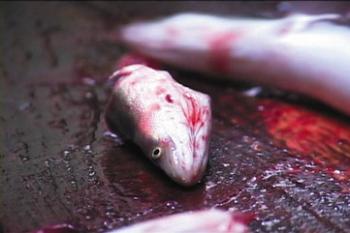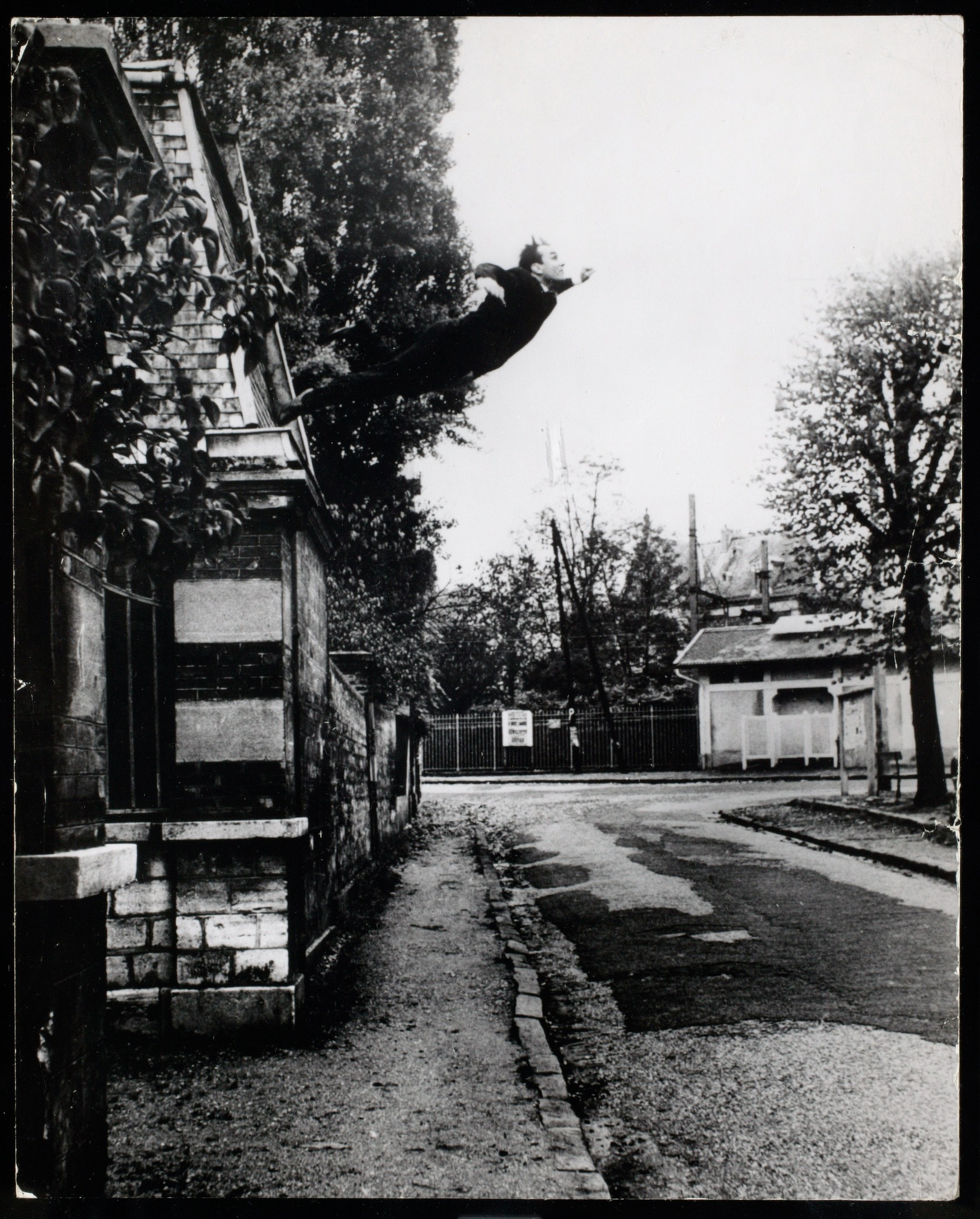Monday 12 December 2011
Thursday 8 December 2011
Tuesday 29 November 2011
Thursday 24 November 2011
review: allan sekula
Allan Sekula is a literary artist. His essayistic photography and film material is informed more by literature and cinema than its static counterparts of painting and sculpture. Thus, his works are driven by narrative, and require concentrated reading. Film Retrospective, which charts the development of Sekula’s video practice from the early 70s, is a typical example of the necessarily time-consuming nature of his work.
Part of Kirsten Lloyd’s Social Documents exhibition trilogy, Sekula’s retrospective continues the examination of documentary modes in contemporary art. The exhibition consists of six films, which are both projected in the gallery at set times and available to view on individual monitors. Similar to the last instalment of Social Documents, the exhibition is demanding. The films are not fleeting experiences; the shortest being over ten minutes, and the longest forty-five.
The earliest of the films, Performance Under Working Conditions, demonstrates Sekula’s interest in the theme of labour conditions and class structures. This is again explored in Tsukiji, which follows a day in the life of the world’s largest fish market, in Tokyo. The film captures the brutal and repetitive activity within the context of economic globalisation. He has claimed the film as a ‘lament for socialism and the sea.’
Reagan Tape, produced in 1981 during the early days of Reagan’s first term in office, revolves around the President’s first State of the Union Address. Sekula has spliced together excerpts from the economically-focused speech, with excerpts taken from his previous career as a movie star. The juxtaposition of the nascent ‘Reaganonomics’ with scenes of Reagan attempting to domesticate a chimpanzee in Bedtime for Bonzo, is still ruthlessly comical after 30 years. It also demonstrates Sekula’s capability to present documentary material which is simultaneously elegiac, witty, searing and politically
acute.
Monday 21 November 2011
review: alison watt
Hiding in Full View is promoted as a collaboration between Alison Watt and poet Don Paterson, with a little help from the photographs of Francesca Woodman.
Paterson’s text is embossed on the Ingleby walls, interspersed with Watt’s monochrome paintings and a selection of Woodman’s images. Paterson’s opening line, ‘We don’t exist; we only dream we’re here. This means we never die. We disappear’, seems an unsubtle emphasis on Watt’s preoccupation with human presence and absence. However, other selections from his texts, such as ‘All rooms will hide you, if you stand just so. Ghosts know this. That’s really all they know’, manifest as an apt contribution to the surrounding works, and eloquent fragments of poetry in their own right.
Since 1997, Watt has painted swathes of fabric, which elude to sexuality and the imprints and interstices of human contact. They are meticulously rendered, and rely upon a mimetic attitude towards representation. However, under closer inspection they reveal an almost clumsy nature; their exquisite qualities are displaced by the revelation of a primitive methodology. For a painter whose impact relies on a painstaking commitment to representation, it feels like a magic trick coming undone.
As a whole, the exhibition feels repetitive and laboured. Paterson’s texts are beguiling, but set aside Watt’s paintings, their potential quiet beauty becomes contrived. Similarly, while Watt’s paintings can be serene in the right environment, here their repetition results in a sense of vapidity. Woodman’s photography only seems to aggravate this, as an irrelevant contribution to an already overworked idea. There are hints of subtle intimacy within the collaborations, but they are drowned out by the awkward shouting of an exhibition that wants to be very quiet.
Sunday 20 November 2011
Thursday 17 November 2011
Tuesday 8 November 2011
Friday 28 October 2011
Thursday 27 October 2011
Saturday 15 October 2011
Tuesday 11 October 2011
Friday 7 October 2011
Subscribe to:
Posts (Atom)




















































